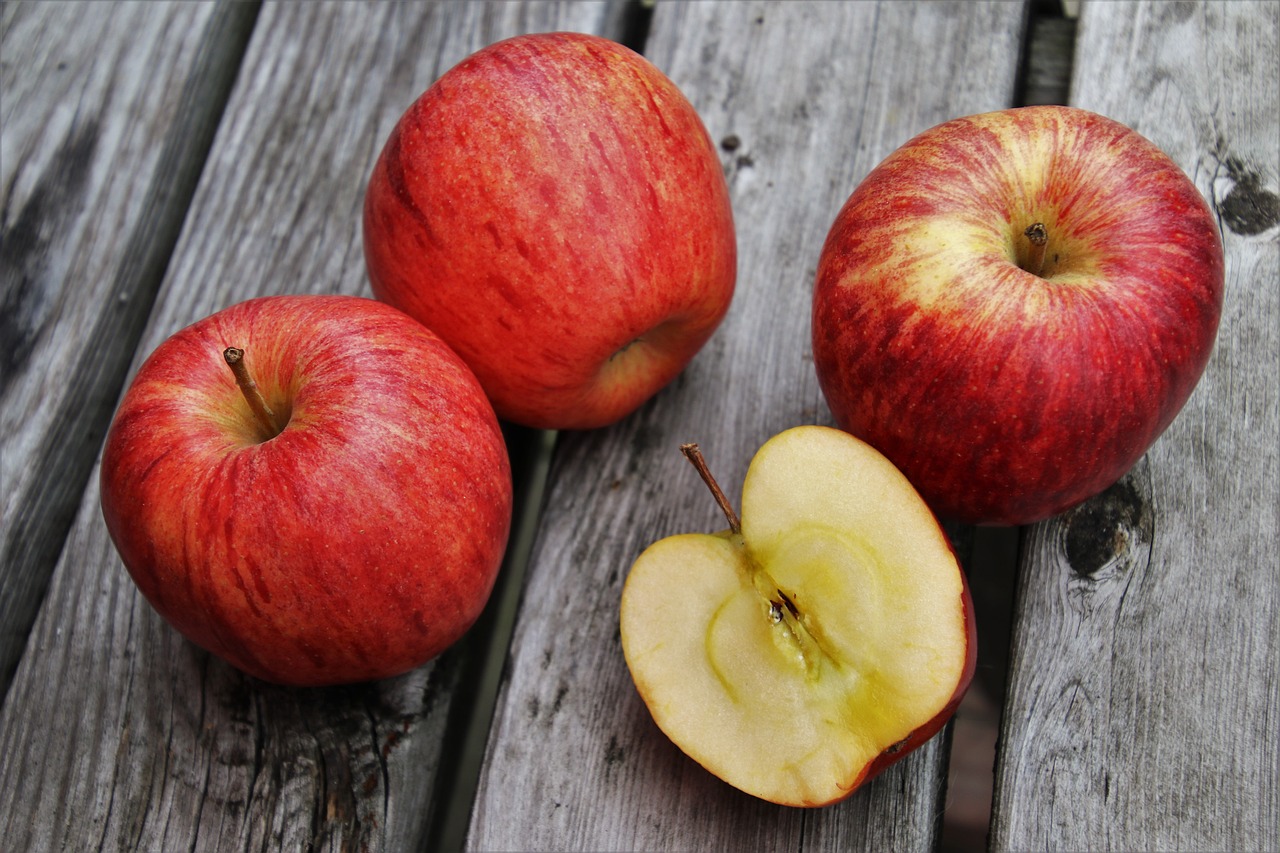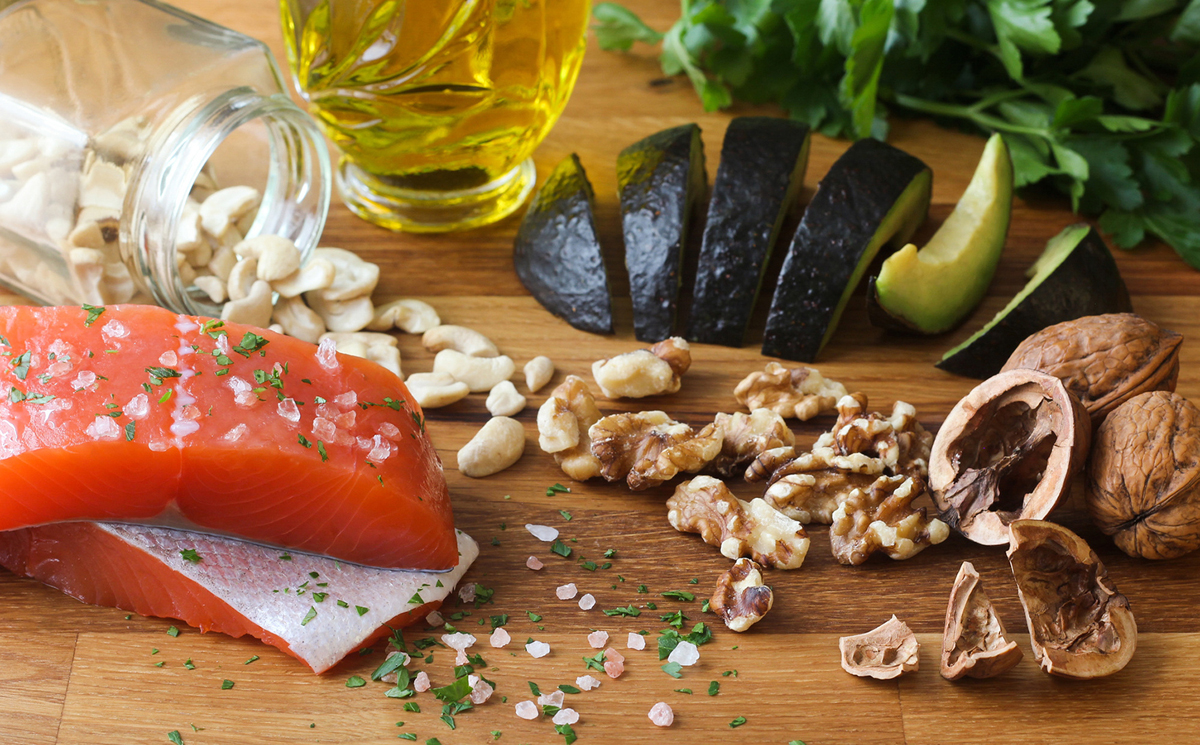Apple Nutrition

There are countless research papers on ‘apple nutrition’ and health benefits as ‘an apple a day keeps the doctor away’! No doubt you will need more than an apple to stay healthy, but apples are an important part of a healthy and balanced diet.
People have been eating apples for almost 8000 years and it was the favorite fruit of the ancient Greeks and Romans.
• A member of the rose family.
• Come in all shades of yellow, green and red.
• Vary in taste as much as grapes, can have an aftertaste of cinnamon, strawberries, coconut, pineapple or grapes.
• Low in calories.
• Good source of pectin- soluble fiber.
• Fat free.
• Sodium free.
• Cholesterol free.
• Only 47 calories in an average apple.
Apple Nutrition Facts and Health Benefits:
• The researchers from Cornell University found that eating only 100g of apple gave an anti-oxidant effect equivalent to taking some
1,500mg of vitamin C, to boost the immune system.
• Apples combine fiber and antioxidant- flavonoid and polyphenols nutrients in a way that is unique and unmatched by other
fruits.
• Apples have fiber, especially in the skin that can help you avoid constipation and will aid in digestion, help you to lose and
sustain weight.
• Anti-oxidants are believed to protect from cancer by cleaning up molecules responsible for cell damage, which can trigger the
disease.
• Apple has large amounts of vitamins and minerals.
• It contains malic and tartaric acids, that can help prevent disturbances of the liver and digestion.
• It has complex carbohydrates which give you a more sustained energy boost than foods that are high in sugar.
• Research has shown that people who eat an apple a day tend to breathe more easily because of the positive effects that the nutrients
within apples have on lung function.
• Apples contain phytonutrients which are antioxidants and help to combat the effects of bad LDL cholesterol. Preventing the effects of
LDL will help prevent heart disease.
Apple as a Low Glycemic Food:
Apples are great for controlling blood sugar: They are low GI and a good source of pectin that controls insulin levels by slowing the
release of sugar into your bloodstream. Apple has a GI of 38, they provide a sustained source of energy for the body and apple juice has a GI of approximately 40. Carbohydrate foods with a low GI- glycemic index release sugar into the bloodstream gradually to provide longer lasting energy.
Skin of Apple:
The secret behind the super antioxidant capacity of the apple is its skin. The apple skin alone provides two to six times the antioxidant activity of the apple flesh alone. So it is important to eat the skin to obtain the full apple nutrition and health benefits. They are a good source of dietary fiber and vitamin C.
Most of the apple’s fiber is contained in its skin, as is the majority of its quercitin. Apple skin is also the part most likely to contain pesticide residues and may have toxic residues if covered in petroleum-based waxes. Since peeling results in the loss of apples’ flavonoids and most of its valuable fiber, choose organically grown apples whenever possible.
The Author:
Please see Apple Nutrition article for more information.








